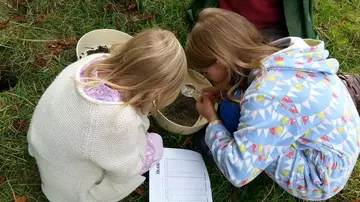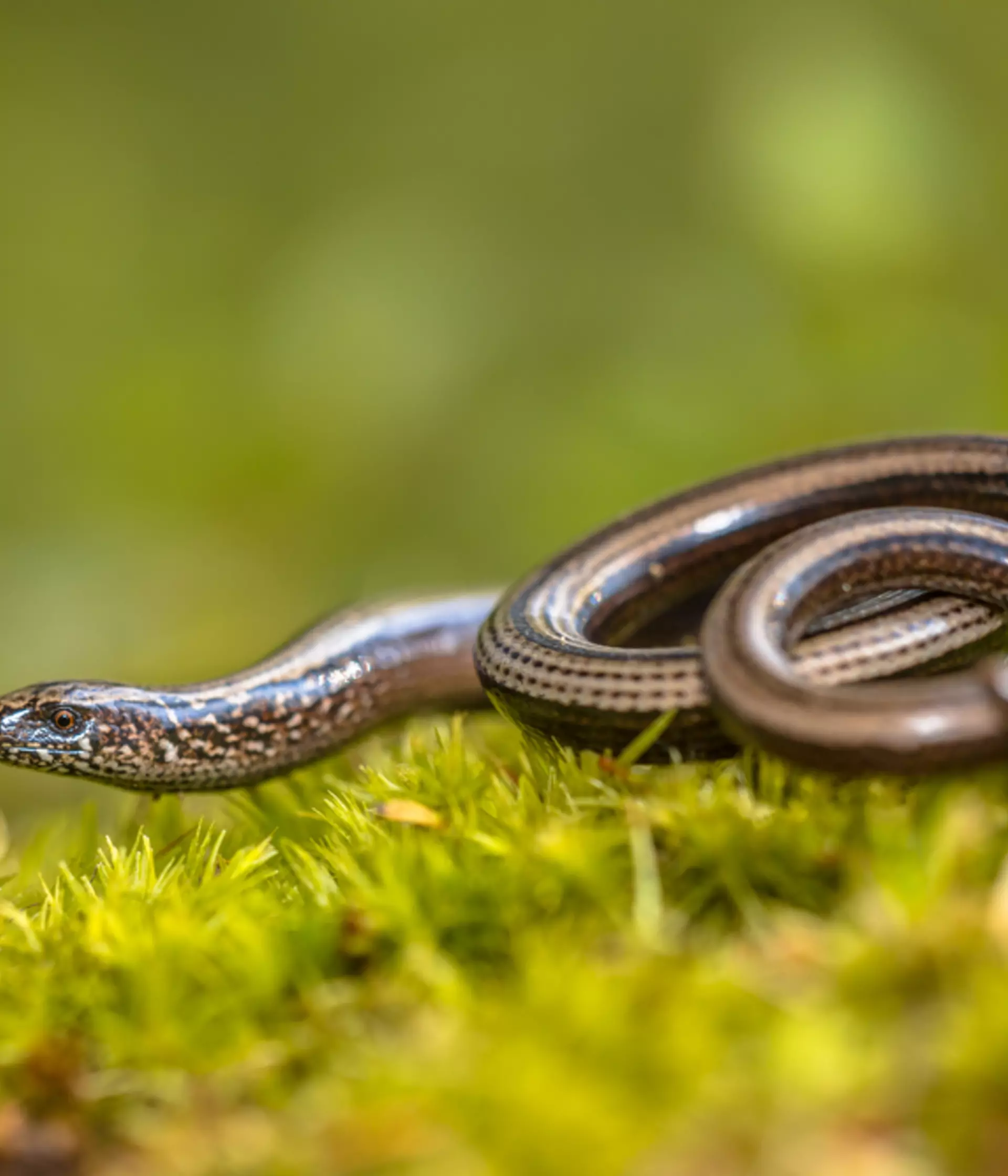
Have you ever wondered what roams between the exotic species at Whipsnade Zoo? In Minibeast Explorers! pupils will work scientifically to collect real data on native species found in our specially designed wildlife habitat. Pupils will explore habitats to uncover native species and work in small groups to identify animals using simple keys. This session will include engaging activities that introduces students to food chains, use of scientific keys and collecting data skills.
Please note this workshops is only available April to October term time.
| Age: KS1 (5-7 years old) | Duration: 40 minutes | Capacity: 35 children | Outdoor Session |

Intended learning outcomes:
Students will be able to:
- Understand the term ‘habitat’.
- Be able to use a simple key to identify invertebrates.
- Understand that plants and animals in a habitat are dependent on each other.
- Be able to scientifically collect data on native invertebrates.
National Curriculum Links:
| KS1 Science | Working Scientifically |
Asking simple questions and recognising that they can be answered in different ways. Observing closely using simple equipment. Identifying and classifying. Using their observations and ideas to suggest answers to questions. |
| Animals, including humans (Yr1) | Identify and name a variety of common animals. | |
| Seasonal changes (Yr1) | Observe changes across 4 seasons. | |
| Living things and their habitats (Yr2) |
Identify that most living things live in habitats to which they are suited and describe how different habitats provide the basic needs of different kinds of animals and plants, and how they depend on each other. Identify and name a variety of plants and animals in their habitats, including microhabitats. |
Online Resources:
-
Support your students' learning before, during and after your visit with our online teaching resources.
